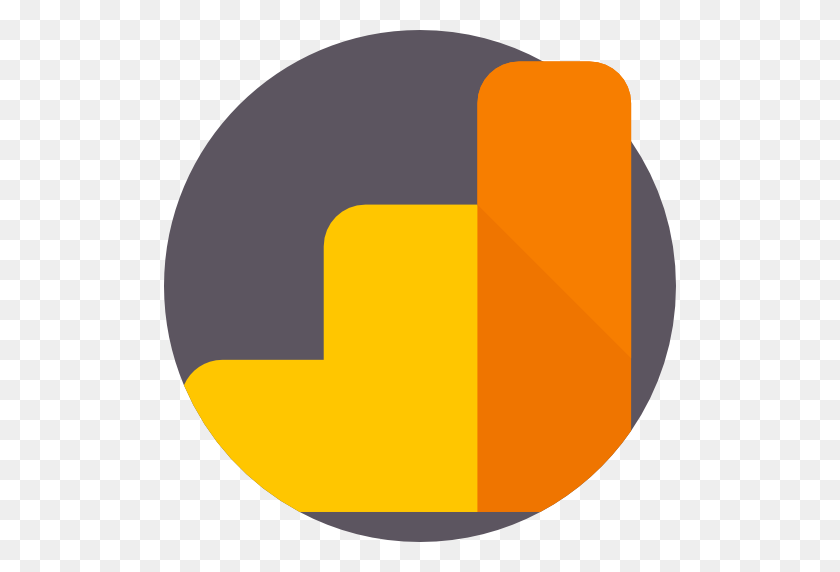Meta Tag Generator
Use our Free Meta Tag Generator to make a title, description and keyword tags for your website. Meta tags are important for SEO. The title tag appears in the search engine results (in bold text) so it's really important to get it right. The description tag often appears in the SERPs as well.
Generate description meta tags automatically:
How to use PHP to get whole words and sentences from text but only up to 160 characters
The recommended length for the description meta tag is 150 to 160 characters.
<?php
// The string to extract words and sentences from
$text = 'This is a sample text. It has multiple sentences. This is the first sentence.';
// Use regular expressions to match words and sentences in the string
preg_match_all('/\b\w+\b|[^\s]*[.!?]+[^\s]*/', $text, $matches);
// Concatenate the matches into a string
$extractedText = implode(' ', $matches[0]);
// Limit the extracted text to 160 characters
$extractedText = substr($extractedText, 0, 160);
// Print the extracted text
echo $extractedText;
?>
In this example, we are using two regular expression patterns in the preg_match_all function to match whole words and sentences in the $text string. The matched words and sentences are then concatenated into a string using the implode function. The resulting string is then limited to 160 characters using the substr function. You can modify this code to suit your needs.
How to create the perfect description meta tag for your web pages
To create the perfect description meta tag for your web pages, follow these steps:
-
Keep the description concise and to the point, ideally between 150 and 160 characters. This will ensure that the entire description is visible in the search results.
-
Use the primary keyword or phrase for the page in the description. This will help search engines understand the content of the page and improve its relevance for that keyword or phrase.
-
Make the description unique for each page. Avoid using the same description for multiple pages, as this can negatively impact your search engine rankings.
-
Use actionable language in the description. Encourage users to click on the link by using words like "discover", "learn", "explore", etc.
-
Avoid using special characters or markup in the description. These can sometimes be stripped out or displayed incorrectly in the search results.
-
Use the language of your target audience in the description. This will help the description resonate with your audience and encourage them to click on the link.
-
Include a call-to-action in the description. This can be a phrase like "Sign up now" or "Shop now" that encourages users to take a specific action.
-
Avoid using excessive punctuation or capitalization in the description. This can make the description hard to read and may discourage users from clicking on the link.
-
Use keywords and phrases that accurately describe the content of the page. This will help search engines understand the context of the page and improve its relevance for those keywords and phrases.
-
Use the description meta tag to highlight the unique value proposition of the page. What makes this page different from others on the same topic? Why should users visit this page instead of others?
By following these steps, you can create effective and engaging description meta tags that will help improve the visibility and relevance of your web pages in search engine results.
What meta tags are most important for SEO?
The most important meta tags for SEO are the title and description meta tags. These meta tags are used by search engines to understand the content of a web page and its relevance for specific keywords and phrases.
The title meta tag is used to specify the title of the web page. This title is displayed in the search results and should be concise, relevant, and unique.
The description meta tag is used to provide a brief summary of the web page's content. This description is also displayed in the search results and should be engaging and informative.
Other important meta tags for SEO include the keywords meta tag, which is used to specify the primary keywords and phrases for the page, and the canonical meta tag, which is used to indicate the preferred URL for the page when multiple URLs contain the same content.
By using these meta tags and optimizing their content, you can improve the visibility and relevance of your web pages in search engine results.
Recent Blog Posts
How to Start an SEO Campaign about Electric Cars
How to Start an SEO Campaign about Electric Cars Electric cars have become an increasingly...
How to Start an SEO Campaign for a Local Grocery Store
How to Start an SEO Campaign for a Local Grocery Store Owning a local grocery...
Mastering Google Rankings: A Comprehensive Guide to SEO Success
Unlocking Google’s Top Spot: The Comprehensive Guide to SEO Success Welcome to your journey towards...
Step-by-Step Guide: Creating & Managing an SEO Campaign for Tax Benefits
Step-by-Step Guide: Creating & Managing an SEO Campaign for Tax Benefits 1. Research and Define...
Step-by-Step Guide: Creating and Managing an SEO Campaign for Annuities and Retirement Strategies
Step-by-Step Guide: Creating and Managing an SEO Campaign for Annuities and Retirement Strategies 1. Understanding...
How to Create and Manage an SEO Campaign for Your Food and Grocery Blog
If you’re running a food and grocery blog, driving traffic to your website is essential....
Maximizing Your Real Estate SEO Campaign in a High Mortgage Rate Market
Maximizing Your Real Estate SEO Campaign in a High Mortgage Rate Market In the ever-competitive...
How to Create and Manage an Effective SEO Campaign
Are you looking to boost your website’s visibility and drive traffic by leveraging the power...
Unmasking the Spread of Disinformation: How X Amplified Confusion in the Israel-Hamas Crisis
In the digital age, information spreads faster than wildfire, and the recent Israel-Hamas conflict is...
AI-Powered Content Marketing: From Ideas to Optimization
In the digital age where content reigns supreme, marketers are on the lookout for ways...

Jeff M.
CEO / Co-Founder
Enjoy the little things in life. For one day, you may look back and realize they were the big things. Many of life's failures are people who did not realize how close they were to success when they gave up.
Popular Tools
Recent Posts

















